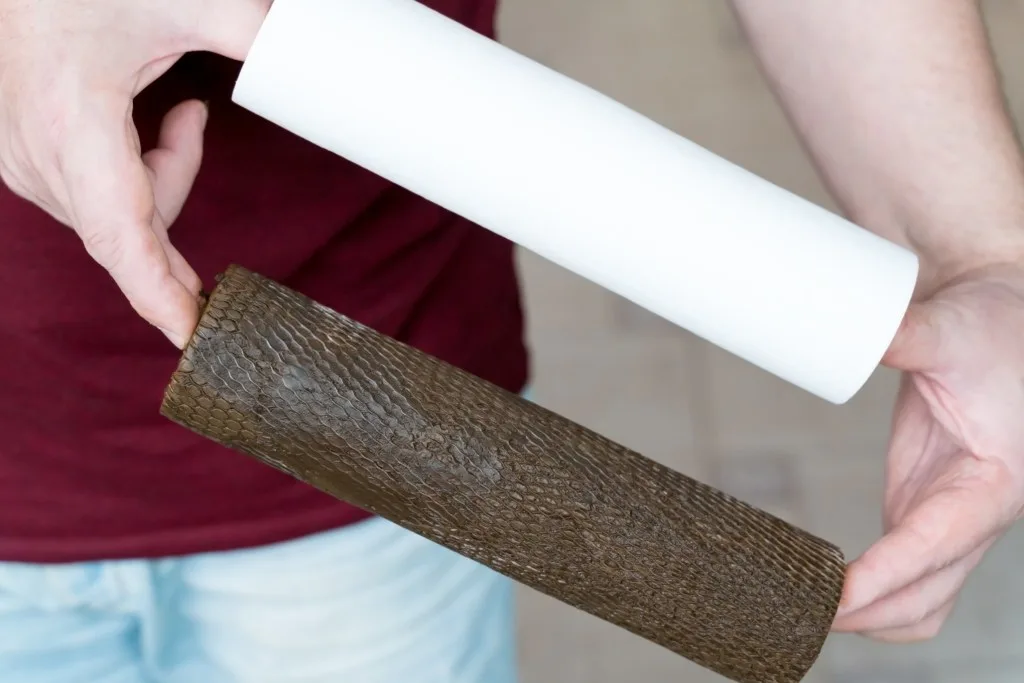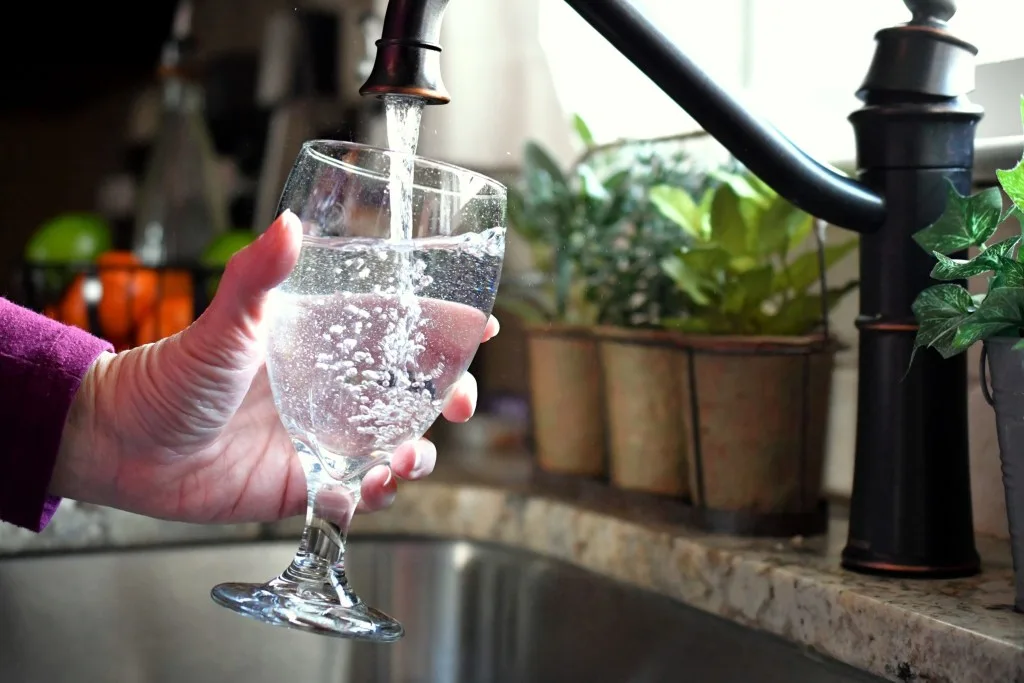Where Do You Connect an RV Water Filter?
You finally bought that water filter for your RV, but where should you connect it?
Do you put it on the exterior spout? How about after the hose and before the RV? You can even install one directly before each individual interior faucet. The options are plenty.
RV water filters can go a long way toward your peace of mind, and we’ll help you figure out the right location for you to place yours.
Let’s jump in!
What is a Water Filter?
A water filter removes impurities from the water using a fine physical barrier, a chemical process, or a biological process. Minerals, chemicals, and even biological particles can be removed through a filter. An RV water filter isn’t necessarily just for RVs, but it’s able to be installed “in-line” with your water hose.
Why You Want a Filter
If you’re staying in RV parks, you might think you don’t need a water filter. However, many parks use well water, and even city water in certain areas can contain excess chlorine or be “hard.”
By that, we mean full of minerals such as lime that can cause buildup in your hose and pipes. This eventually causes enough damage to create leaks or even broken pipes.

An RV water filter is also much more environmentally responsible than bottled water, especially since recycling isn’t often available in RV parks. Even though most require you to replace the filters every so often, you’re still keeping a large amount of plastic out of the landfills.
In fact, you’ll only need to change your filter every three to twelve months, depending on the type you get.
Compared to purchasing RO (Reverse Osmosis) purified water, having a water filter is much more convenient. No more lugging multiple, large water containers to and from the store. In addition, you’ll get that storage space back for more important things like clothes or camera gear.
Types of Water Filters
Water filters come in various styles.
A sediment filter is a basic type suggested to protect your pipes and fixtures from hard water and grit. It’s typically a physical barrier that acts as a sieve to remove larger particles.

Pro Tip: We searched for the best RV water filters for you. Learn more about RV Water Filters: Good, Better & Best.
Carbon filters, also known as activated charcoal, improve the taste and smell of your RV’s water. Its biggest benefit is that it gets rid of chlorine. But it can also remove mercury, lead, and other harmful heavy metals. Countertop filters, such as Brita and Pur, contain carbon.
Ceramic filters, or “biofilters,” are excellent at removing bacteria, giardia cysts, and protozoa. However, these aren’t the best at removing chemicals like chlorine, so ensure the one you’re buying has a carbon filter too or add the carbon filter before the ceramic.
Reverse Osmosis forces the water through a membrane to remove many chemicals such as arsenic, fluoride, and nitrates. However, it doesn’t remove chlorine, so most of these also include a carbon filter.
We suggest that whatever filter you purchase has a sediment filter, so the remaining filters don’t have to work as hard and won’t get filled up quickly. If it doesn’t contain one itself, purchase one to put between it and the water source.

Pro Tip: Keeping your RV fresh water tank clean is the first step to quality drinking water while on the road. Here is How to Clean Your RV Fresh Water Tank.
Where to Place Your RV Water Filter
Professionals and common sense suggest placing your RV water filter as close to the water source as possible. This way, you’ll have less contamination and buildup in your hose and pipes.
As we mentioned above, if you have multiple filters, place the larger particle filter closer to the source. For example, place a carbon/sediment filter and a ceramic filter, so the water goes through the carbon/sediment filter first.
Do you use a water filter in your RV? If so, tell us what kind you’re using and where you have it set up.
Discover the Best Free Camping Across the USA
To be honest with you, we hate paying for camping. There are so many free campsites in America (with complete privacy).
You should give it a try!
As a matter of fact, these free campsites are yours. Every time you pay federal taxes, you’re contributing to these lands.
Become a FREE CAMPING INSIDER and join the 100,000 campers who love to score the best site!
We’ll send you the 50 Best Free Campsites in the USA (one per state). Access the list by submitting your email below:
I’m in an employee RV Park in Yellowstone. I have an outside filter at the connector, after a short hose from the source, and another in my fridge for my drinking water and ice. Though our water is treated, rumor has it that there’s arsenic (which occurs naturally…it’s not runoff from an old mining operation). I just can’t stand the way treated water tastes.